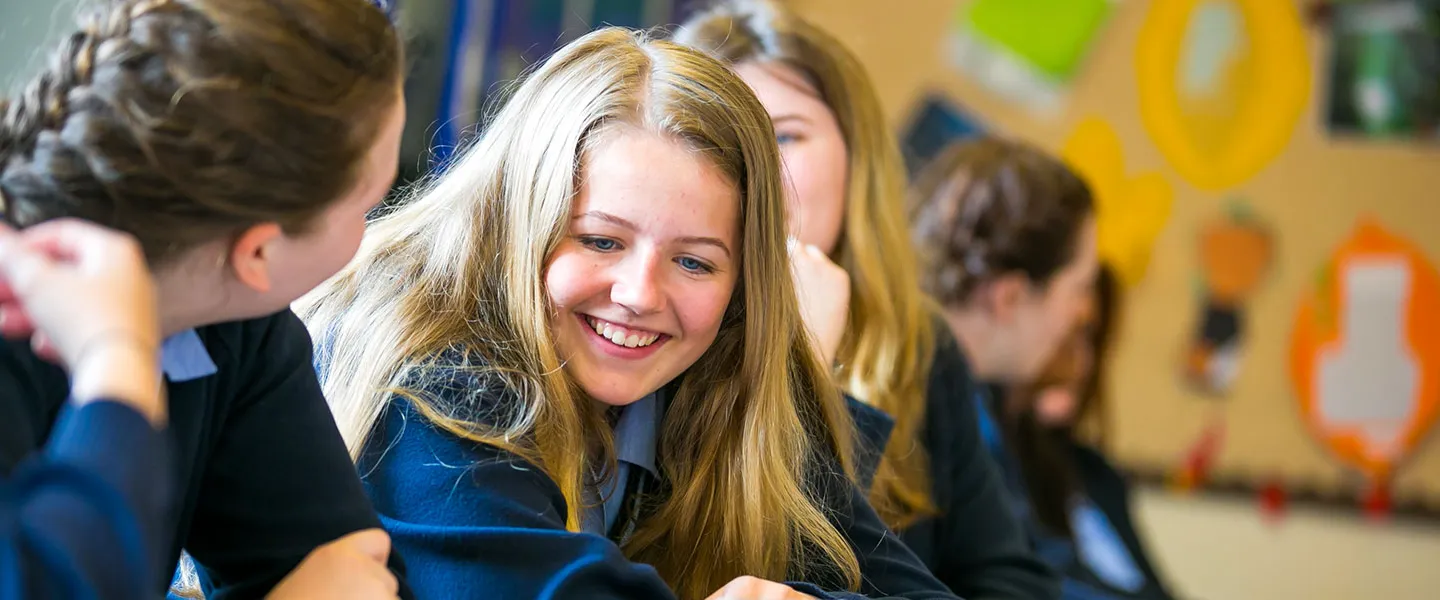Recently Queen’s celebrated Earth Day by holding an own clothes day which was organised by Eco Society, of which I am a member. Since Christmas, we have been working to make Queen’s a more eco-friendly environment, by introducing blue recycling bags in every classroom and removing all single use plastic from the school canteen, and we have achieved the Silver Eco-Schools award for our work.
I joined Eco Society because of my passion for geography and our planet, but also because I am seeing these topics increasingly making the headlines and front pages.
The recent BBC documentary by David Attenborough ‘Climate Change – The Facts’ clearly illustrated that human behaviour has had a radical and damaging impact on our planet, such that if we don’t take evasive action within a decade, we could be facing the collapse of the natural world and of our society.
Greta Thunberg, a 16 year-old Swedish climate activist, has gained increasing public attention by campaigning to politicians to start acting now to save our planet. It is our generation who will inherit this world and we all must share the responsibility for the future of life on Earth.
Their messages are that time is running out fast.
But, there is hope and there are ways that we can make a change – for example a shift from fossil fuels that produce greenhouse gases to renewable energy resources could cut CO2 emissions by 70% by 2050. This would be a large scale change, but smaller individual actions will also accumulate to global change.
Individually and as a community at Queen’s we are making a difference. As part of the Lower School’s ‘Beach School’ programme, I recently went to a beach clean at West Kirby beach, and it was both amazing and appalling to see the amount and variety of items we collected in 3 hours on one Sunday morning.
Other smaller scale, achievable actions we need to engage in include flying less, making more use of public transport, walking to places instead of driving, recycling as much of our plastic and paper waste as possible, avoiding single use plastic, planting more trees (a recent report from the Committee on Climate Change states that the UK needs to plant an additional 50 million trees every year to achieve net zero carbon emissions by 2050), investing in solar panels and insulation, installing motion sensor lighting… the list goes on with changes we can all make to help solve the global issues of climate change and plastic pollution.
I am both grateful and excited to have been given the opportunity of being Head Girl this year, and I am looking forward to the prospect of continuing to strengthen Queen’s. I will be looking to further develop Queen’s as an Eco School, as well as educating and raising awareness of these pressing environmental issues. I am very hopeful that individually, as well as together as a community at Queen’s, we can make a difference.
Anna McBurney
